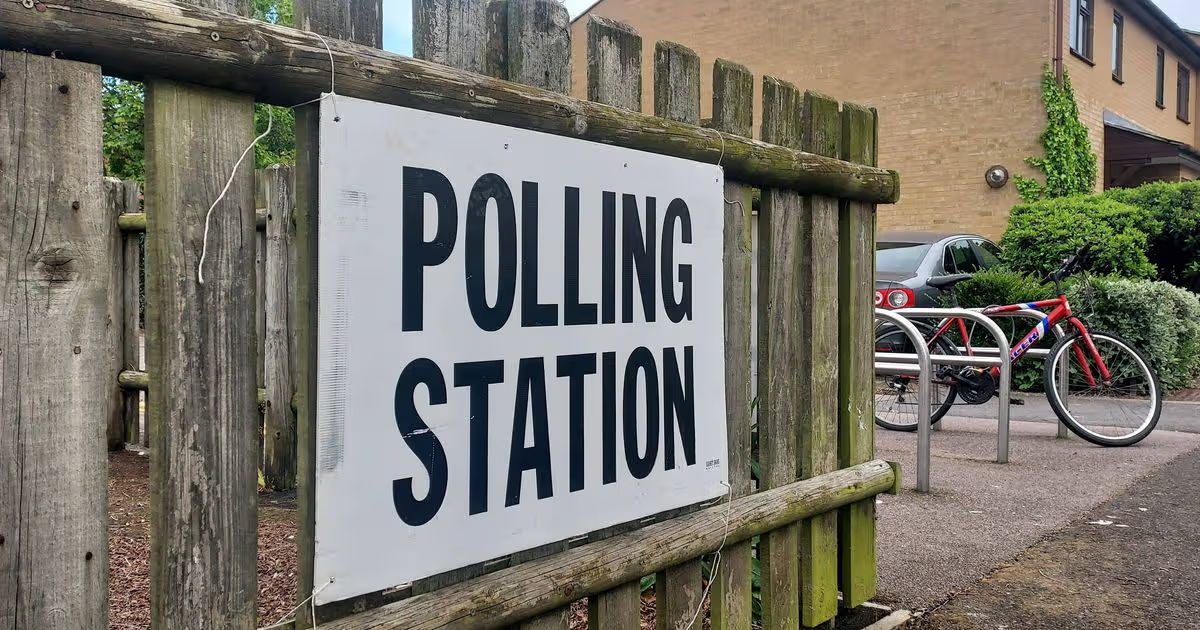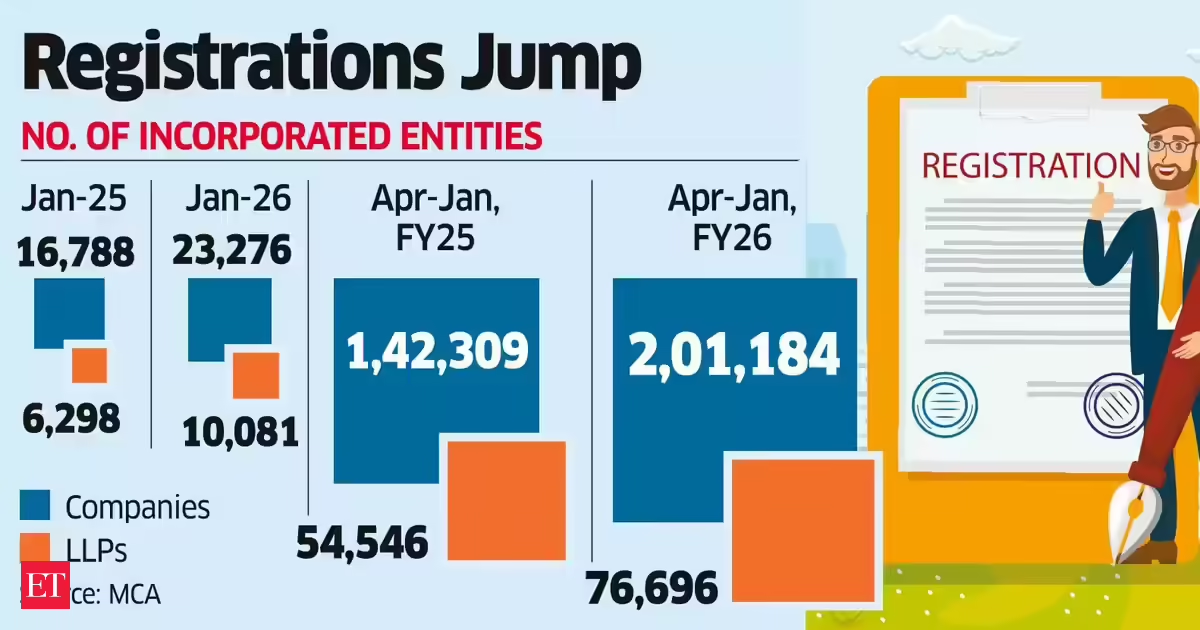Efekan Karahan, 18, and Ashley Corbin, 21, intended to ‘send a message’ from a rival organised crime gang to the victim’s older brother
A member of an organised crime gang fired a loaded shotgun through a letterbox and hit a 15-year-old boy who suffered gunshot wounds in his legs. An accomplice filmed the shooter, who was wearing a balaclava, and both fled in a stolen car parked nearby.
Efekan Karahan, 18, and Ashley Corbin, 21, drove to an address in Cardiff on June 7, with the intent of “sending a message” to a member of an organised crime gang in Cardiff. They targeted his mother’s house where his two younger brothers lived.
A sentencing hearing at Newport Crown Court on Friday heard the victim and his younger brother were home alone at the time of the incident after their mother had attended a birthday party. For the biggest stories in Wales first sign up to our daily newsletter here.
The defendants had travelled from their homes in Bristol in order to carry out the shooting, and “wanted to send a message” from a rival organised crime gang (OCG). Corbin drove them both to Cardiff in a stolen grey Volkswagen Golf.
The 15-year-old boy had gone downstairs to make himself a coffee when he heard a massive bang at the front door. He went into the hallway and saw a black figure through the glass of the door.
Prosecutor Clare Wilks said the 15-year-old heard a gunshot and saw the letterbox come off. He heard a second shot fired and he felt pain in his legs.
The boy was bleeding from his legs and his younger brother witnessed a man running away from the property. He could hear his brother screaming downstairs, and later saw he was bleeding.
Before the shooting, the defendants had attended a Costa Coffee and parked the other side of a field to the property they planned to target.
Both Karahan and Corbin were seen on CCTV walking up and down a path leading to the house. Both of the defendants were wearing dark clothing and balaclavas, and used bushes to conceal themselves.
Karahan was in possession of the loaded shotgun and Corbin was filming his associate with a mobile phone.
At 7.36pm, Karahan was seen to cross the field and approach the front door of the address before slipping at the front door, alerting the boys inside the house.
Having got himself back on his feet, Karahan was seen to push the shotgun through the letterbox and fired twice.
After firing for the second time, the defendant turned and ran away but he tripped over a low railing on the outskirts of the field, and dropped the gun.
He picked the gun up and he and Corbin ran back to the Golf and drove off at speed. As they pulled out of the estate, the two boys’ older brother pulled up, having been called about the incident.
The older brother briefly pursued the defendants before heading back to the house to check on the two boys.
An ambulance and the police were called, and the 15-year-old was treated for multiple pellet wounds to his legs, which had caused swelling and bruising.
The victim was described as “pale, alert, talking and scared”. He was given pain relief and transferred to the University Hospital of Wales.
He was found to have 30 pellets embedded in his leg, the deepest being 5cm near the victim’s shin bone. A number of the pellets were too deep to be removed as surgery could cause further damage.
A forensic investigation concluded if it were not for a cage behind the letterbox, the shot could have hit the victim in the chest or in the head.
Karahan was believed to have been in possession of a full length double barrelled break action shotgun, but the gun has not been recovered.
An investigation into the whereabouts of the defendants began and it was established the Golf had been stolen on June 4.
On June 12, a resident in Newport reported a car being parked in front of her driveway and saw two young men getting out.
The vehicle was recovered by the police and used the telematics box to look at data of journeys the car had undertaken, which allowed the police to seek CCTV footage.
Karahan’s DNA was found on coins dropped outside the property in Cardiff, and Corbin’s DNA was found on false number plates attached to the Golf.
Both defendants were arrested on June 16 after being seen driving a stolen Range Rover in Bristol.
Their phones were seized and showed the defendants had attended the address in Cardiff and there were partial videos of the shooting.
There were also messages ridiculing Karahan for slipping twice during the shooting, with the incident being referred to as “funny as f***”. Another message from Corbin said: “I can’t stop looking at the video fam, it makes me laugh every time”.
The victim’s mother was shown a video of the shooting by others, with a voice over referring to her older son. It said: “Instead of putting hits out, how about paying your bills and stop stealing and robbing from your friends”.
Karahan, of Rousham Road, Bristol, pleaded guilty to possessing a firearm with intent to endanger life, having a loaded shotgun in a public place, and unlawful wounding. The court heard he has two previous convictions for possession of a bladed article and dangerous driving
Corbin, of no fixed abode, pleaded guilty to possessing a firearm with intent to cause fear of violence, having a loaded shotgun in a public place, and unlawful wounding. The court heard he has seven previous convictions for offences including wounding, battery and criminal damage.
In a victim personal statement read to the court by Ms Wilks, the 15-year-old boy said: “I was at home on a normal weekend day, my mum had gone out for a birthday party and my little brother was in his room. I went to make a coffee and the next thing I knew my world turned upside down. I can’t explain the pain of being shot, fortunately not many people go through this, even fewer experience it out of the blue in their home.
“It was the scariest experience of my life, being shot by two people who thought nothing of putting a shotgun through the letterbox of a family home and pulling the trigger. No one is safe from them”
The victim said he was worried he would lose one or both of his legs and was paranoid about his wounds becoming infected. Before the incident, he said he loved boxing and running but that has been taken away from him. He was left using crutches for two months after the shooting.
In mitigation, Ieuan Callaghan for Karahan, said his client had been “exploited” by criminal groups in the Bristol area and he associated with older and more sophisticated individuals.
The barrister said the defendant had racked up a debt with senior members of the crime group due to his use of cannabis, and was offered £10,000 towards paying off his debt for carrying out the shooting.
Mr Callaghan said his client was born in Turkey and raised in the UK, suffered violence in the family home and had been stabbed with a Rambo knife.
Ruth Smith, for Corbin, said her client had a traumatic childhood blighted by instability and domestic violence, and the defendant began using cannabis.
The barrister said her client was taken advantage of by more criminally sophisticated people to be used as a “foot soldier” and referred to his experiences of “inherent racism”.
The Recorder of Cardiff, Judge Tracey Lloyd-Clarke, sentenced Karahan to eight years and four months imprisonment, with an extended licence period of one year and six months.
Corbin was sentenced to six years imprisonment, with an extended licence period of three years.
Following the hearing, Leighton Mawer of the Crown Prosecution Service said: “The two defendants pre-planned their offending, including the use of a firearm, resulting in a person being seriously injured.
“When firearms are discharged, the consequences can often be fatal, but fortunately that was not the outcome in this instance.
“The strong evidence presented by the Crown Prosecution Service resulted in guilty pleas, and the offenders being brought to justice.”
Detective Superintendent Mark O’Shea, from South Wales Police, said: “This was a reckless act of violence at a house where young children were present.
“When Karahan shot through the letterbox, he had complete disregard for who might have been behind the door. It was extremely fortunate that there was a letterbox guard inside the property which took the force of the pellets.
“The use of firearms in South Wales is extremely rare. But when it does happen, as Corbin and Karahan have found out, we will relentlessly pursue those responsible using all our detective capability.
“This investigation should serve as a warning to anyone contemplating bringing guns onto our streets. South Wales Police will catch you and we will put you before the courts.”
Get daily breaking news updates on your phone by joining our WhatsApp community here. We occasionally treat members to special offers, promotions and ads from us and our partners. See our Privacy Notice.
Ensure our latest news and sport headlines always appear at the top of your Google Search by making us a Preferred Source. Click here to activate or add us as Preferred Source in your Google search settings



















































